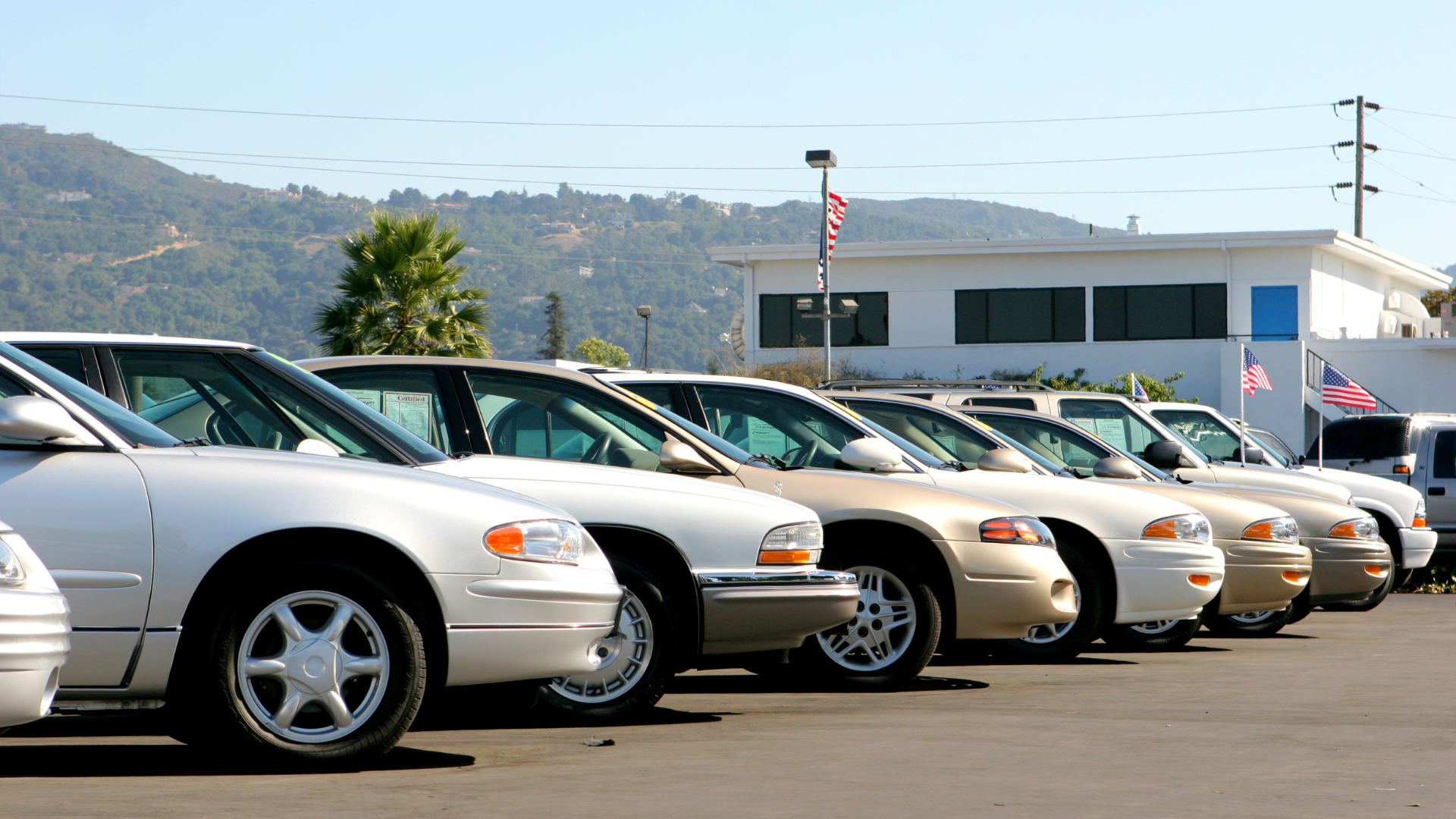It’s hard to believe, but the first automobile was invented in 1885. It’s hard to imagine what life was like without them, and it’s impossible to say what life will be like with them in the future. In this blog post, we’ll take a look at the past, present, and future of the automobile industry.
The Past of the Automobile Industry
The automobile industry has a long and storied history, dating back to the late 19th century. In the early days, the industry was dominated by a handful of large companies, many of which are still around today. It has come a long way in the past century. What started as a few large companies mass-producing cars for a luxury market has grown into a global industry with dozens of manufacturers producing millions of vehicles each year.
While the car has become an essential part of daily life for many people around the world, the industry itself is constantly evolving. New technologies and changing consumer preferences have led to new trends and challenges for automakers. Looking back at the past century of the automobile industry, it is clear that it has been a time of great change. From the early days of mass production to the present day, the industry has continuously adapted to new technologies and market demand.
The Present of the Automobile Industry
There is much talk about the current status of the automobile industry. Some say that it is slowly recovering from the recession, while others believe that it is still in a slump. However, the overall consensus seems to be that the industry is far from where it was pre-recession.
The Effect of Fuel Prices
One of the main reasons for this decline is the dramatic increase in fuel prices. This has made many people think twice about buying a new car, as they are not sure if they can afford the long-term costs. In addition, the rise in fuel prices has also made many people more interested in fuel-efficient cars, which are often more expensive than traditional gas guzzlers.
Credit Status
Another reason the automobile industry is struggling is that credit is still tight. Although the banks are starting to loosen up a bit, it is still difficult for many people to get financing for a new car. This is further exacerbating the problem of high prices, as people are simply not able to afford a new car even if they wanted to.
Presence of Technological Advancements in Car Making
The automobile industry is rapidly changing and improving because of technological advancements. In the past few years, there have been many new and innovative technologies that have made cars more efficient, safe, and reliable. Some of the most notable advancements include advanced composites that are stronger, lighter, and cheaper than older materials, helping to make cars safer, lower fuel consumption and reduce costs.
The manufacturing of cars has also seen growth and improved accuracy due to advancements in technology. Gone are the days of eye-balling and barely scraping welds together to make sturdy and efficient car frames. Now, with the standard adoption of a variety of rivet accessories and welding capabilities, cars can be made faster and more accurately than before.
On the software side of things, new assistive technologies that perform certain tasks, like parking and cruising, for the driver are also big developments in recent years. As the automobile industry continues to evolve, we can expect even more amazing innovations that will make our lives easier and more enjoyable.
The Future of the Automobile Industry
The automobile industry is in a state of flux. The traditional business model is under pressure from a range of new entrants, including electric vehicle startups, ride-sharing companies, and autonomous vehicle developers. At the same time, consumers are demanding more fuel-efficient, connected, and safe vehicles. This is resulting in a period of uncertainty for the industry. However, it also presents an opportunity for the automotive sector to reinvent itself. To survive and thrive in the future, the industry will need to embrace new technologies and business models. The most successful automakers will be those that can adapt to the changing landscape and meet the needs of 21st-century consumers.
Electric vehicles (EVs) are already gaining traction with consumers and are expected to make up a significant portion of new car sales in the coming years. Major automakers are investing heavily in EVs, and many new startups are entering the market. There’s a large section of automobile enthusiasts that regularly discuss and debate the emerging EV market on Voitures Electriques blogs and other similar ones. What you need to know right now is that while electric vehicles right now are in their relative infancy, as battery technology continues to improve, EVs will become increasingly affordable and practical for consumers.
In the future, these companies could pose a threat to traditional car ownership as well. As more people use ride-sharing services, there will be less need for individuals to own cars. This could lead to a decline in new car sales and an increase in used car sales. All cars will be connected to the internet and many will be autonomous. This will provide several benefits for consumers, including increased safety, efficiency, and convenience. It will also create new opportunities for automakers and other companies to develop innovative products and services.
As cars become increasingly complex, there will be a greater need for aftermarket products and services. This includes things like repairs, maintenance, and upgrades. The aftermarket sector is already large and growing, and it is expected to continue to expand in the coming years.
What the Car Industry Says About Ourselves
The automobile industry has long been an important barometer of our society’s values, aspirations, and anxieties. The way we design, build and sell cars says a lot about who we are as a people. For much of history, the car has been seen as a symbol of progress and freedom. People have been buying cars and customizing them to make them an extension of their personality and tastes. Companies have adopted this perspective as well, which means you can build a Silverado online to your exact preferences today at your local Chevy dealership and buy it. So, it’s also a sign that we are moving forward as a society, that we are becoming more mobile and more connected. The car industry is booming, and it seems like there’s no limit to what we could achieve.
In recent years, however, the industry has come under pressure. Increasing concerns about climate change and pollution have led many people to reconsider their relationship with cars. Sales have shifted from traditional vehicles to more environment-friendly cars.
What does this all say about us as a society? Are we still chasing the same dream of progress and freedom that led us to embrace cars in the first place? Or have our values changed? The answer is probably both. Our love affair with cars is deeply ingrained in our culture, but it’s also clear that we’re starting to rethink our priorities. The future of the automotive industry will be shaped by these changing attitudes, and it will tell us a lot about who we are as a society in the years to come.
The history of the automobile industry is a fascinating one, and it can tell us a lot about ourselves as a society. We’ve come a long way since the early days of the industry, and the cars we drive today are vastly different from those of even just a few decades ago. Looking to the future, it’s clear that the industry will continue to evolve and change, and that our relationship with cars will continue to develop as well. Whatever the future may hold, the automobile industry will certainly remain an important part of our lives.






Leave A Comment